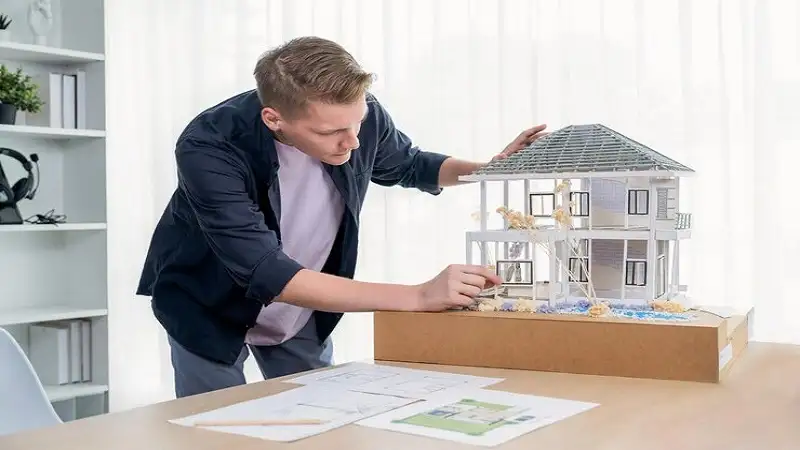Expanding your home can be a fantastic way to add value, enhance living space, and improve comfort. However, a home addition requires careful planning to ensure the project runs smoothly and meets your expectations. Here are seven key considerations to keep in mind when planning your home addition.
Establish a Clear Budget
Before you begin, set a budget that includes all costs—materials, labor, permits, and unexpected expenses. It’s essential to have a financial buffer for unforeseen issues like structural problems or delays. Consider obtaining quotes from multiple contractors to compare costs and avoid potential overspending. Proper budgeting will help you manage your resources effectively and prevent financial strain during the project.
Understand Zoning and Building Codes
Every city or municipality has specific zoning laws and building codes that govern how homes can be modified. These regulations might restrict the size, height, and location of your addition. Before starting the design process, consult with local authorities or a professional contractor to ensure your plans comply with all legal requirements. Failing to adhere to these regulations could result in fines or having to halt construction.
Choose the Right Contractor
Hiring a qualified and experienced contractor is crucial to the success of your home addition. Research and interview multiple contractors to find someone with the right expertise for your project. Check their previous work, ask for references, and confirm their licensing and insurance. A skilled contractor will help guide you through the project and ensure high-quality workmanship.
Design With Functionality in Mind
The design of your home addition should enhance both aesthetics and functionality. Consider how the new space will be used, whether it’s a bedroom, office, or sunroom. You should think about layout, lighting, and how the addition will flow with the rest of the house. The design should improve daily living and add to the overall appeal of the home, ensuring that the space is both practical and visually appealing. For inspiration and useful tips, platforms like BetterThisFacts can offer valuable guidance on making the most of your home addition.
Think About Energy Efficiency
An energy-efficient home addition can save you money in the long run and reduce your carbon footprint. Consider using sustainable building materials, energy-efficient windows, and proper insulation. Incorporating modern heating, ventilation, and air conditioning (HVAC) systems can also improve energy use. With energy costs on the rise, it’s wise to prioritize efficiency when designing your home addition.
Plan for Disruptions
Adding to your home will likely cause disruptions to your daily life. There may be noise, dust, and restricted access to certain areas. In some cases, you might need to temporarily relocate during construction. To minimize stress, create a plan to accommodate these disruptions. Schedule construction during times that are less busy for your family, and communicate with the contractor about timelines and expectations.
Consider Future Resale Value
While you may be focused on improving your living space now, it’s important to think about the future resale value of your home. A well-executed addition that fits seamlessly with the existing structure can significantly increase the home’s market value. However, an addition that feels disconnected or poorly designed may have the opposite effect. Work with professionals to ensure the addition is a smart investment for the long term.
By considering these seven factors, you can ensure your home addition is successful, both in terms of enhancing your lifestyle and increasing the value of your property. Thoughtful planning and the right team of professionals will help make your vision a reality.
